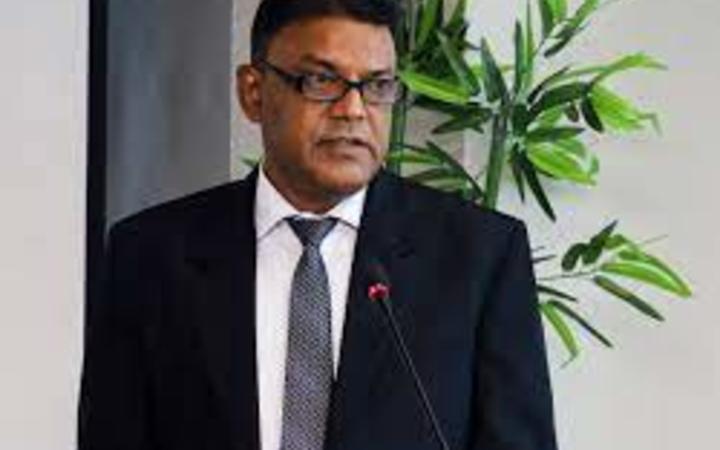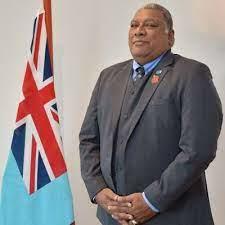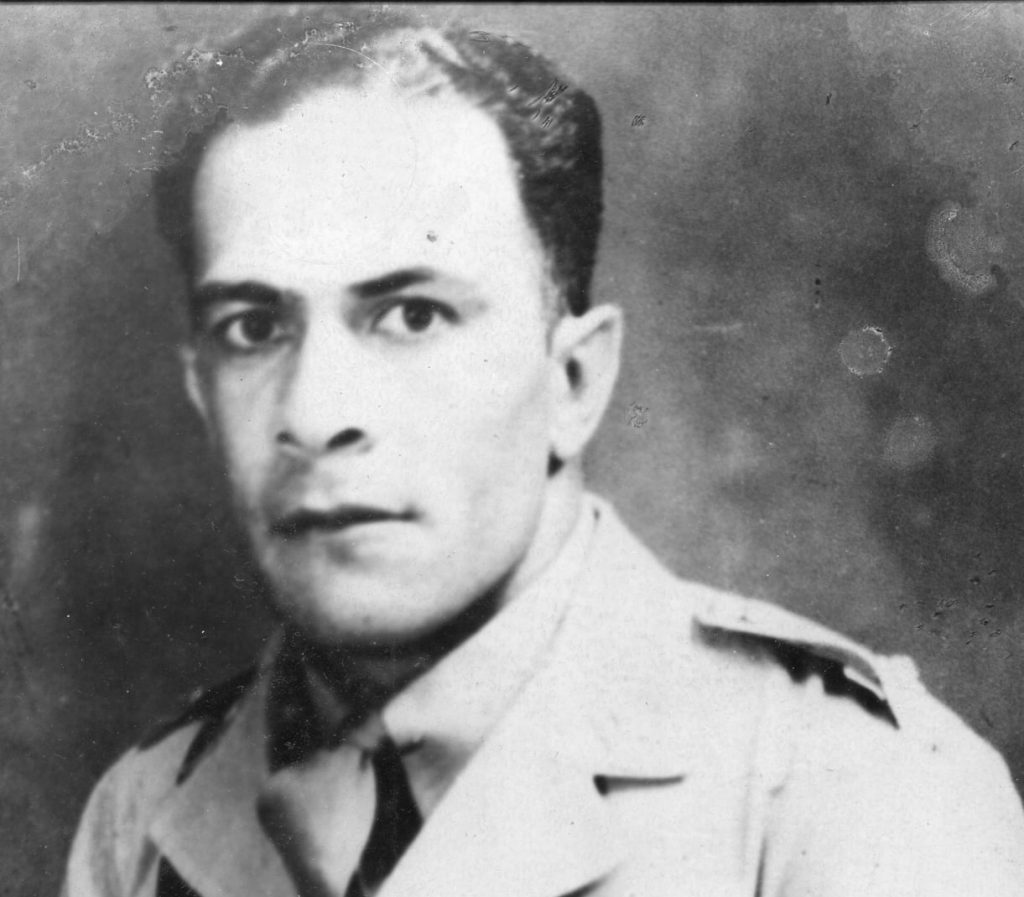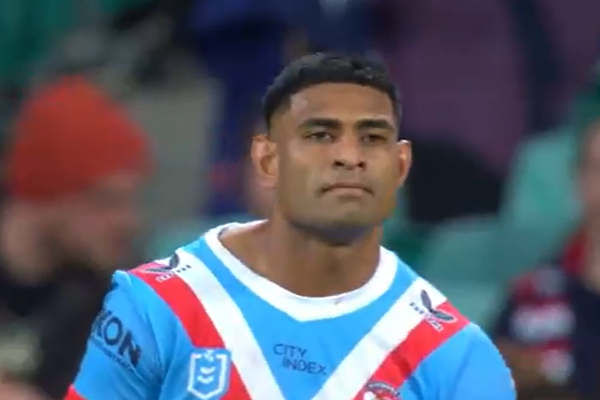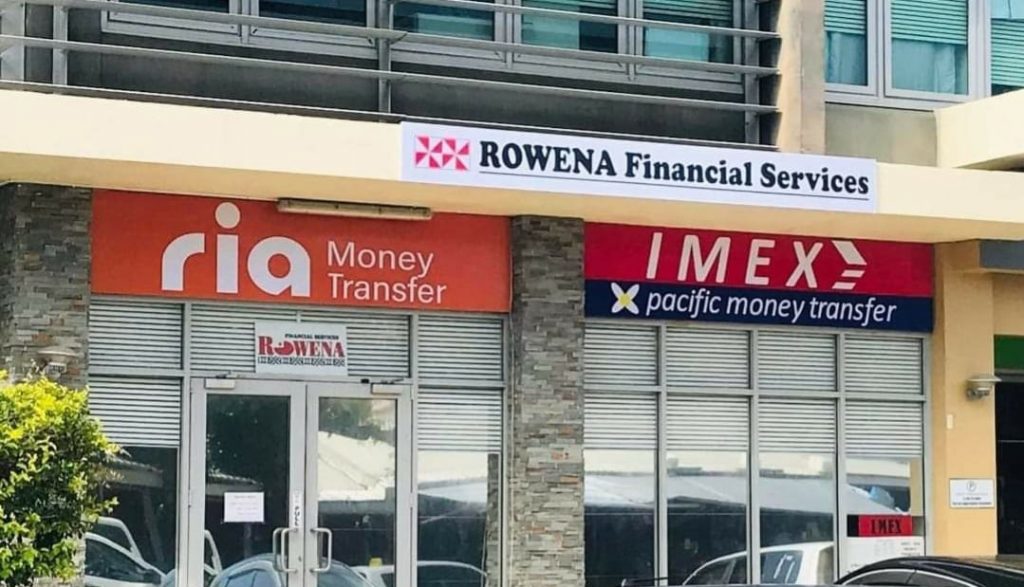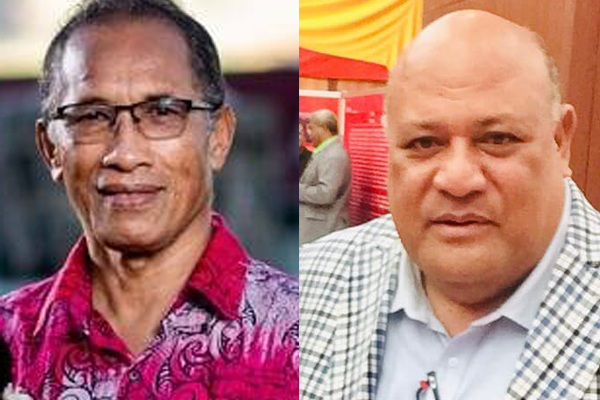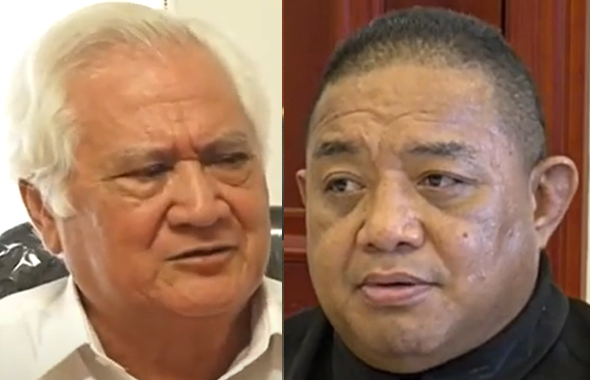Minister of Finance Tatafu Moeaki has denied that Lord Sevele could seek benefits to businesses to which he is connected through his appointment to the Reserve Bank of Tonga.

As Kaniva News reported earlier, Lord Sevele has ties to Rowena Financial Services, from which he resigned as a director in 2020.
His wife is currently listed as the company director.
Kaniva asked the Minister whether it was a good idea to bring Sevele onto the board to participate in making decision that could affect exchange rates and policies and laws related to matters that could benefit him personally.
“This is not true,” Hon. Moeaki replied.
“A copy of Rowena Financial Services company registration was sent to NRPT and it was clear Sevele’s directorship was ceased in 2020.”
The Minister said everything was fulfilled through legal advice, including independent legal advice for NRBT. The board was told if there was any evidence to counter it should be taken to him, but nothing was provided.
He said it was just an allegation and the government’s power would be better used to independently operate the board.
Kaniva also asked Hon. Moeaki whether there had been any breach of the guidelines on conflict of interest laid down in items 88 to 96 of the Cabinet Manuals.
Rowena Financial Services is registered with the Tonga Business Registry. The director is Lord Sevele’s wife Ainise and the shareholder is their daughter Marianne Rowena Tohi.
The National Reserve Bank of Tonga Act says directors should not vote on any issue related to “any agricultural, commercial, financial, industrial, professional or other interests with which they or any person with whom they have personal, family, business or financial relations may at any time be directly or indirectly connected.”
The Finance Minister said the government had taken legal advice from the Attorney General and no law was beached.
“The important thing for the NRBT board is the need for better operation and financial activities,” he said.
Reiterating his previous comments, the Minister said times were difficult and businesses, agriculture and fisheries were all affected. Obtaining loans was extremely difficult.
“There is a need for experienced businesspeople to facilitate bank services including imports and the strength of our currency,” he said.
Hon. Moeaki denied reports that he had been questioned by the Reserve Bank’s board about his insistence on appointing Lord Sevele because of his links to Rowena Financial services.
Reliable sources told Kaniva board members had queried the appointment.
They said Moeaki was provided with a legal opinion last year to justify their querying the appointment.
This was a legal opinion given to the former Tu’i’onetoa government to cancel its proposal to appoint Dr ‘Aisake Eke as director of the NRBT board although his name was already removed from the company’s directorship. The board advised the Tu’i’onetoa government with the legal opinion that Dr ‘Aisake Eke had a registered business, which was contrary to the NRBT law. The government and the NRBT agreed on the opinion and Dr Eke was not appointed.
Kaniva’s sources said Dr Eke’s case was the same as Lord Sevele’s and they were baffled by the Minister’s insistence on his appointment.


